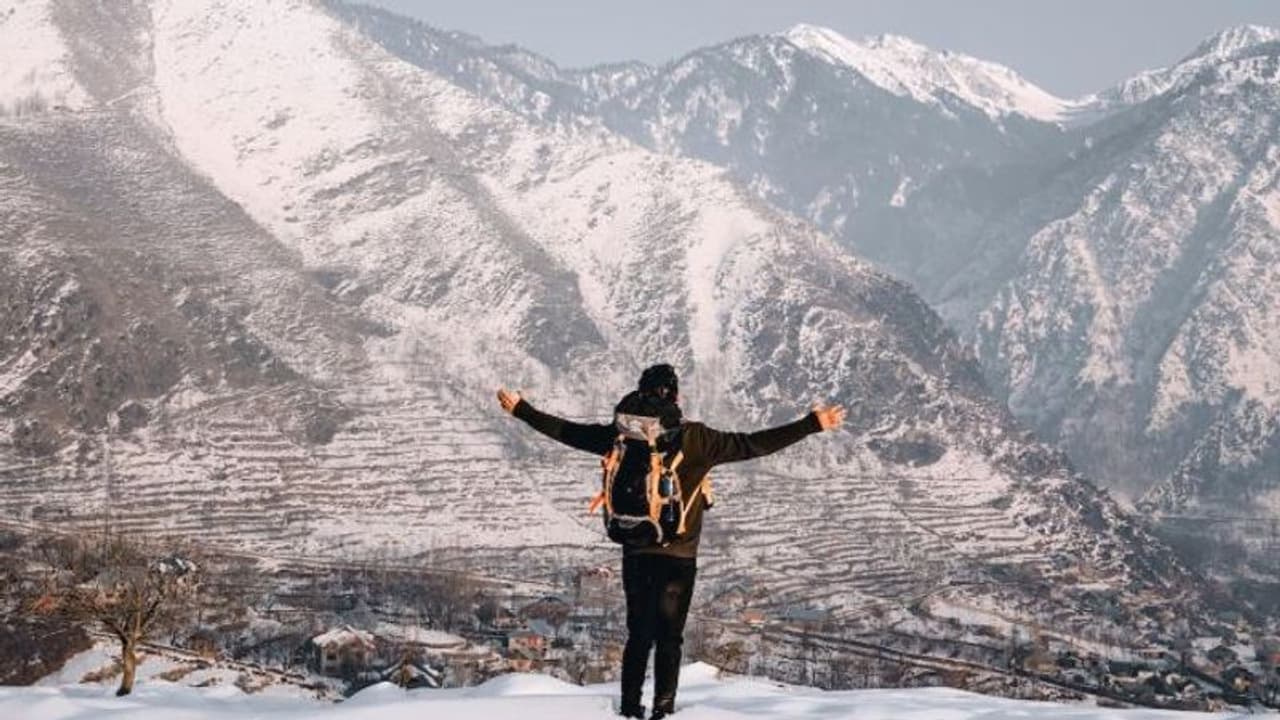This achievement goes beyond constructing toilets and focuses on comprehensive cleanliness management, including greywater and solid waste. The success is attributed to meticulous planning, stakeholder engagement, and innovative initiatives
In a significant achievement for Jammu and Kashmir under the Swachh Bharat Mission, all 6,650 of its villages have been declared open defecation-free plus models. This milestone signifies a shift beyond the construction and use of toilets, focusing on overall cleanliness by effectively managing greywater and solid waste in every village.

The union territory of Jammu and Kashmir has officially declared all its 6,650 villages, spread across 285 blocks in 20 districts, as open defecation-free (ODF) Plus Models. Lieutenant Governor Manoj Sinha of Jammu and Kashmir emphasized that this accomplishment reflects the coordinated efforts of all stakeholders in enhancing the citizens' quality of life.
Under the guidance of Prime Minister Narendra Modi, all of Jammu and Kashmir's villages have achieved ODF Plus status in the 'Model' category during Phase-II of the Swachh Bharat Mission (Grameen). This achievement underscores the collective commitment to improving the citizens' well-being.
To attain ODF Plus Model status, villages must progress through three stages of ODF Plus – Aspiring, Rising, and Model. Once a village achieves visual cleanliness with minimal litter and stagnant water, in addition to effective solid and liquid waste management and adequate information, education, and communication (IEC) activities, it attains ODF Plus Model status.
The rural sanitation department devised a comprehensive plan that involved engaging all stakeholders before implementation to reach this milestone. Village Sanitation Saturation Plans (VSSP) were developed for each village to ensure the availability of assets for solid and liquid waste management.
For greywater management, which includes water generated from activities like cooking and bathing, the department constructed soak pits, magic pits, and leach pits at the household and community levels. The department has constructed 3,53,631 individual soak pits and 23,781 community soak pits. Residents have been encouraged to use their kitchen gardens for greywater disposal where available.
Biodegradable waste management is facilitated through individual and community compost pits. The officials reported the construction of 1,37,824 individual compost pits and 12,118 community compost pits, either by the department or individuals in their households. People are also encouraged to segregate waste and process wet waste in compost pits. Additionally, 1,850 waste collection and segregation sheds and 536 community sanitary complexes have been constructed in Jammu and Kashmir.
Plastic Waste Management Units (PWMU) are being established in each block, with some near completion. These centers will clean, shred, and bail plastic waste for final disposal, ensuring the complete life cycle of waste management. Throughout Phase 2 of the Swachh Bharat Mission (Grameen) campaign, Jammu and Kashmir have undertaken various innovative initiatives to improve sanitation and environmental consciousness, including "Pink Toilets," 'Give Polythene Get Gold' campaign, 'pink societies,' Sarpanch Samvads, Swachhata internship, Swachhata quiz, and Swachh Yodha Pratiyogita.
This remarkable achievement highlights Jammu and Kashmir's dedication to improving sanitation and promoting holistic development in the region.
